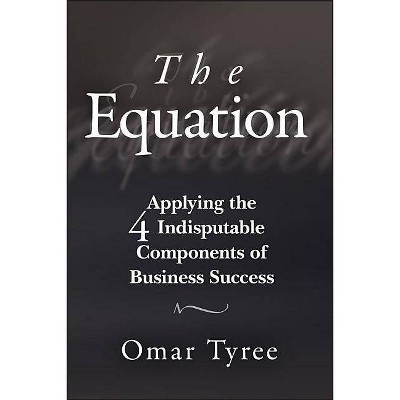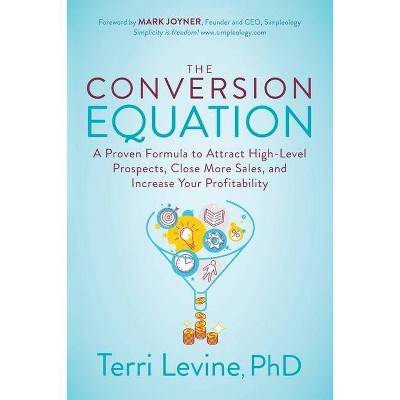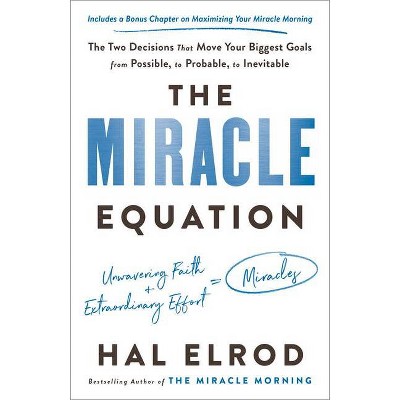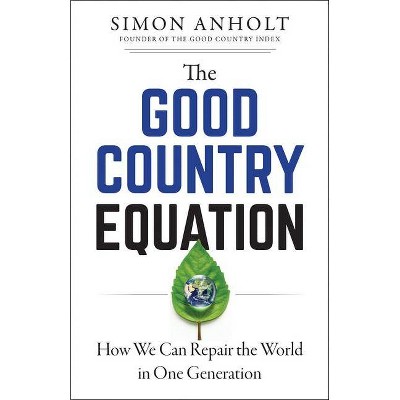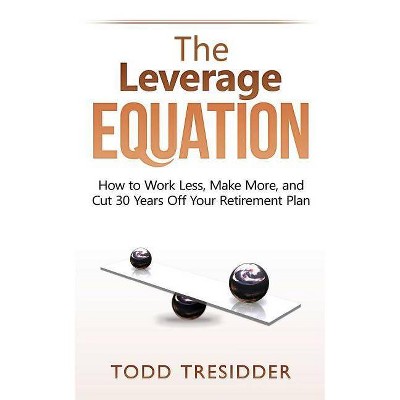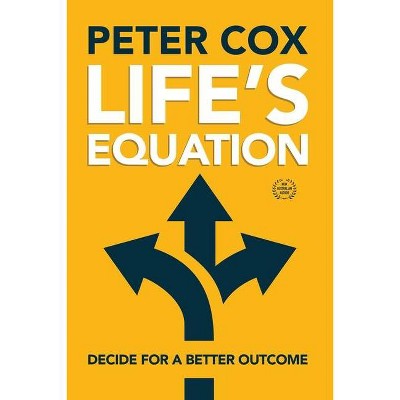The Qualcomm Equation - by Dave Mock (Paperback)
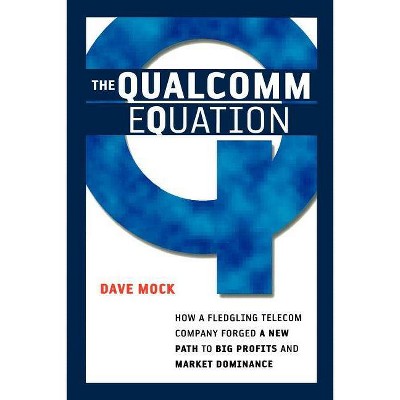
Similar Products
Products of same category from the store
AllProduct info
<p/><br></br><p><b> About the Book </b></p></br></br>Mock reveals crucial but little-known information on the history of cellular and wireless technology--some of which dates to World War II--and shows how Qualcomm grabbed the wave just as it began to rise.<p/><br></br><p><b> Book Synopsis </b></p></br></br>Featuring a foreword by George Gilder If you're a Qualcomm customer or stockholder, or in fact if you have a stake in almost any cellular service or even just use a mobile phone, you're no doubt aware of the enormous impact on the development of cellular technology by actress and sex symbol Hedy LaMarr. All right, perhaps you're surprised. The telecom industry has never been short on surprises, and the above example is no exception. Nor is it an exaggeration. Read the book. Similarly, it is not an exaggeration to say that Qualcomm, through a combination of technological superiority, cunning business acumen, and sheer tenacity, has become the undisputed standard by which telecom companies now measure themselves. In short order, they have also become a model of substantial and sustained growth that businesses in all industries should emulate. Qualcomm's rise mirrors that of the cell phone itself. Both are ubiquitous, both continue to evolve rapidly, and both turned the status quo on its head. The Qualcomm Equation reveals crucial but little-known information on the history of cellular and wireless technology -- some of which dates back to World War II -- and shows how the company grabbed the wave just as it began to rise. How did they do it? Even while most competitors were using an essential technology, Qualcomm believed in an alternative they had developed, and continued to refine and promote it until at last it caught on. The Qualcomm Equation details how the fledgling company, while their rivals simply duked it out for more customers, made a killing not only by offering great service, but also by leasing their superior standard technology to other telecom companies. While Qualcomm grew its own customer base, they had also, in essence, found a way to make more money the bigger their competitors got. How can you apply the Qualcomm model in your industry, and in your company? Following Qualcomm's example, your company can: * attract investors by presenting even complex products and technologies in customer- and market-focused language * prove that its product is essential not only to customers but also to competitors -- so that they come to depend on you rather than trying to defeat you * make its product and its operations compatible with those competitors, turning rivalries into profitable strategic alliances * learn from setbacks, and leverage the knowledge and strengths of your partners to overcome obstacles You'll also learn crucial strategies to help you define and develop your core business; identify and maximize your company's role and position in the value chain for customers and shareholders; strike a balance between sharing and protecting proprietary information; and handle regulatory and political concerns both domestically and globally. In the last decade, Qualcomm has come to define dominance not only in the telecommunications industry, but throughout the global business landscape. The Qualcomm Equation presents their story, and the keys to their unparalleled success. Not to mention the most important role of Hedy LaMarr's career...<p/><br></br><p><b> About the Author </b></p></br></br><P> Dave Mock is a practicing engineer and consultant to the telecommunications industry, and has written extensively for online and print publications, including The Feature, Unstrung, and The Motley Fool. He is also the author of Tapping Into Wireless. Mr. Mock lives in Placentia, California.
Price History
Price Archive shows prices from various stores, lets you see history and find the cheapest. There is no actual sale on the website. For all support, inquiry and suggestion messagescommunication@pricearchive.us
